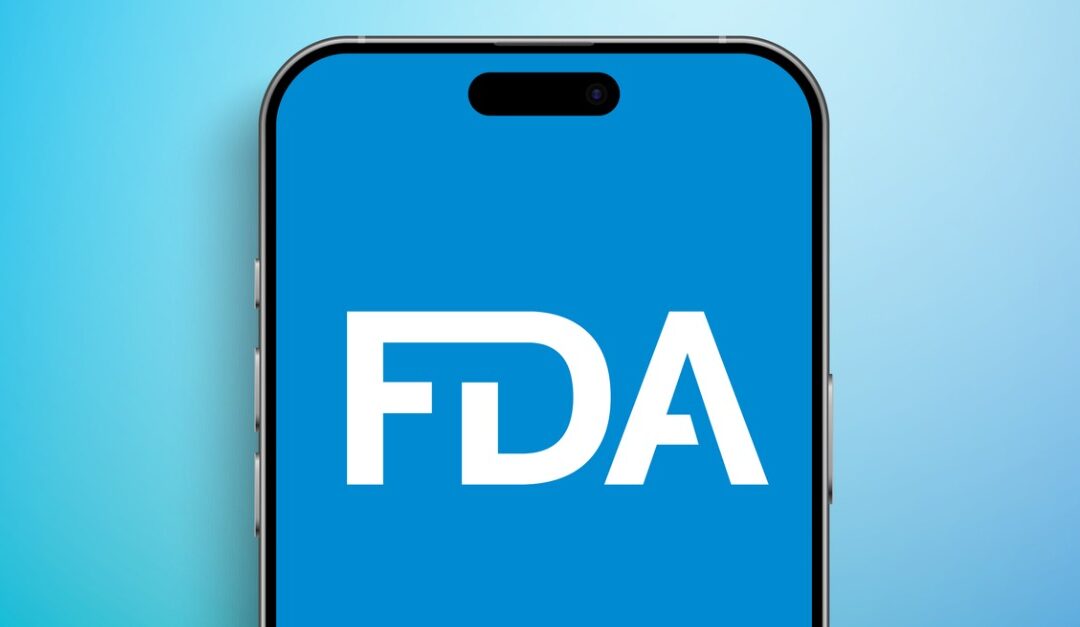In a move that has many in the longevity and wellness space buzzing, the FDA recently approved Elamipretide (SS-31) for the treatment of Barth syndrome, a rare mitochondrial disorder.
While the approval targets a small patient population, the implications reach far beyond rare-disease medicine. For clinics offering peptide, regenerative, or wellness-focused services, SS-31’s approval is both a green light, and a caution sign.
A Quick Look at SS-31
SS-31 (Elamipretide) is a mitochondria-targeted peptide designed to improve energy production and reduce oxidative stress. Researchers have explored its potential for age-related diseases, eye conditions, and even athletic recovery.
The FDA’s approval, however, is limited to Barth syndrome, a serious genetic disorder. Anything outside that indication remains off-label use.
Why the Industry Is Paying Attention
Peptide therapies have exploded in popularity, often marketed for “cellular rejuvenation,” “mitochondrial health,” or “bio-optimization.” With SS-31 now officially on the FDA’s list of approved drugs, expect renewed excitement, and closer regulatory scrutiny.
This is where opportunity and responsibility intersect.
Legal and Regulatory Takeaways
Here are a few key points for anyone offering or planning to offer peptide-based or mitochondrial therapies:
- Stay in your lane: SS-31 is approved only for Barth syndrome. Marketing it (or similar compounds) for “anti-aging” or “energy” purposes is off-label and may draw FDA or FTC attention.
- Mind your messaging: Even subtle claims, like “boosts mitochondrial function” or “FDA-approved peptide therapy”, can be misleading if they imply unapproved uses.
- Document and disclose: Off-label therapies require clear informed consent outlining the evidence base, potential risks, and regulatory status.
- Verify your supply chain: Source peptides only from licensed, compliant vendors. Compounded or gray-market products are frequent enforcement targets.
- Confirm scope and supervision: Ensure treatments fall within applicable practice laws and are delivered under proper clinical oversight.
The Bottom Line
SS-31’s approval marks a milestone for mitochondrial medicine, and a reminder that innovation and regulation evolve hand-in-hand. As interest in peptide and longevity therapies grows, so will the need for careful compliance and thoughtful communication.
Staying informed, transparent, and compliant isn’t just good practice, it’s how forward-thinking clinics will thrive in the next era of wellness medicine.


